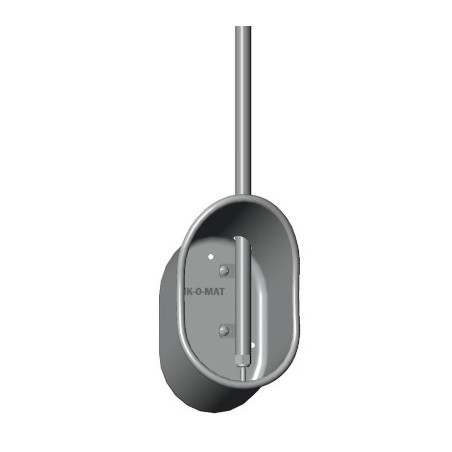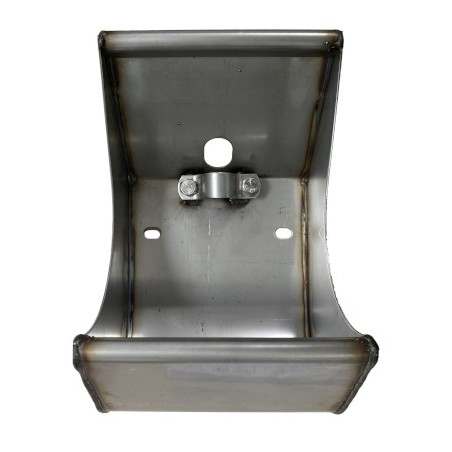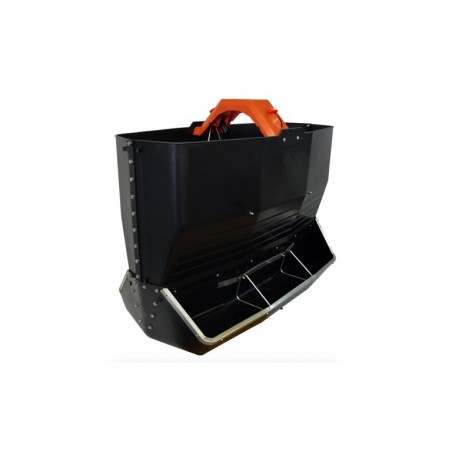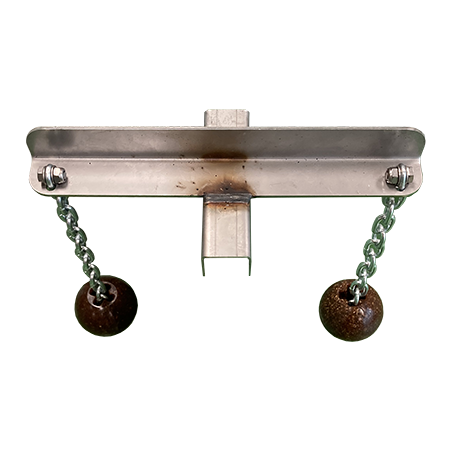Ammonia (NH3) emission from intensive pig production systems have contributed appreciably to environmental pollution. Moreover, deposition of ammonia leads to undesired changes in ecosystems such as soil acidification and water eutrophication. During the last years, feeding manipulation has been considered as an economical way to reduce ammonia emission from pig farms, and therefore, it has been the subject of many investigations. However, reduction of dietary nitrogen content must be handled carefully in order to maintain animal performance and essential amino acids must be supplied in accordance with pig requirements.
The aim of the present study was to evaluate the effects of five strategies of protein feeding, supplying adequate levels of all essential amino acids, on growing-finishing pig performance, plasma urea nitrogen and carcass composition. For that purpose, a total of 160 pigs with an initial body weight of 27.2 ± 2.7 kg were used in a 94-d growth trial. Two pigs per pen and 16 pens per treatment were assigned to 5 dietary treatments which differed in the content of crude protein (CP) during 3 phases: grower 1 (d 0-15), grower 2 (d 16-59), and finisher (d 60-94). On day 94, blood samples were collected from six pigs per treatment to measure plasma urea nitrogen. After the 94-day trial, all pigs were slaughtered to assess carcass composition. A 5-day N-balance trial was conducted by feeding 16.2 or 13.3% CP diet to 4 pigs (initial BW of 50.0 ± 2.1 kg) to measure N balance.

As a result, feed intake, average daily gain and feed conversion ratio as well as final body weight were not affected by dietary CP content. The plasma urea nitrogen concentration at day 94 decreased linearly as dietary CP decreased. Regarding slaughter body weight and carcass composition, no differences were observed between dietary treatments. Daily N retention was not affected by the CP levels but total N excretion was reduced by 27% by lowering the CP level from 16.2 to 13.3%.
It could be concluded that lowering dietary crude protein level with an adequate amino acid balancing reduces N excretion while maintaining optimal pig performance and carcass composition.
Htoo, J. K., Schuh, K., & Dusel, G. (2019). Low protein diets reduce nitrogen excretion without affecting pig performance and carcass traits. In EAAP Scientific Series (p. S2). Wageningen Academic Publishers. https://doi.org/10.3920/978-90-8686-891-9_17







